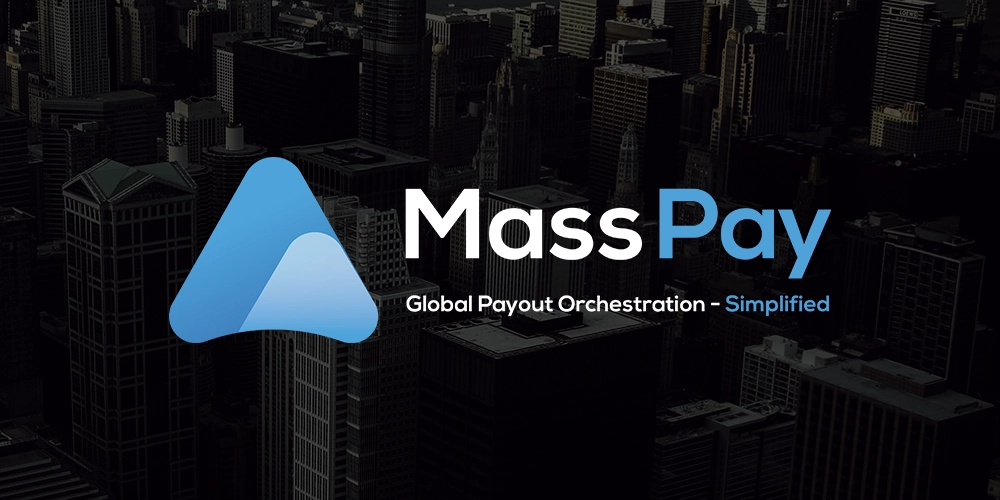Capitalizing on U.S. Market Trends: How MassPay Leads with Innovation and Partnership
Digital marketplaces are vast and constantly changing, which presents unique challenges and opportunities. At the forefront of this dynamic global...

You know that awkward wait between when you tap your card and when the payment goes through?
It used to be a lot longer.
Seven times longer, actually.
Back in the 2000s, point-of-sale transactions took 12-15 seconds to go through.
By today’s standards, that’s an eternity – half of all visitors will abandon a website if it takes longer than 3 seconds to load.
And even back then, it meant merchants were seeing fewer sales.
I love trying to solve hard challenges. So I thought to myself: how can we get a point-of-sale transaction down to just a few seconds?
People told me it was impossible. It was just too big of a jump.
But when I focus on something, I don’t let it go.
So a few years later, my company Mercury Payment Systems managed to get the point-of-sale transaction down to just 2 seconds.
This was a huge change for the fintech world.
And one we shared with our partners, helping POS developers and resellers deliver better payment processing for merchants.
We sold Mercury back in 2014 in one of the largest exits in the payments history, for $1.6 billion. And ever since, I’ve been looking for my next challenge.
In 2019, I finally found it.
See, payouts are still quite tricky.
Especially to emerging markets where half the workforce doesn’t even have a bank account.
And coordinating mass global payouts in dozens of different currencies while providing flexible payout methods depending on local preferences? Even harder.
So my next focus is on the world’s first payout orchestration platform.
A way to simplify mass payouts and give payees the power of choice – at scale.
Find out more about MassPay 👉 masspay.io

Digital marketplaces are vast and constantly changing, which presents unique challenges and opportunities. At the forefront of this dynamic global...

We are a team of experienced fintech and technology executives delivering a Global Payout Orchestration Platform to facilitate your payouts to...

If you cast your mind back to the 2000s, you might remember how hard it was to pay online.